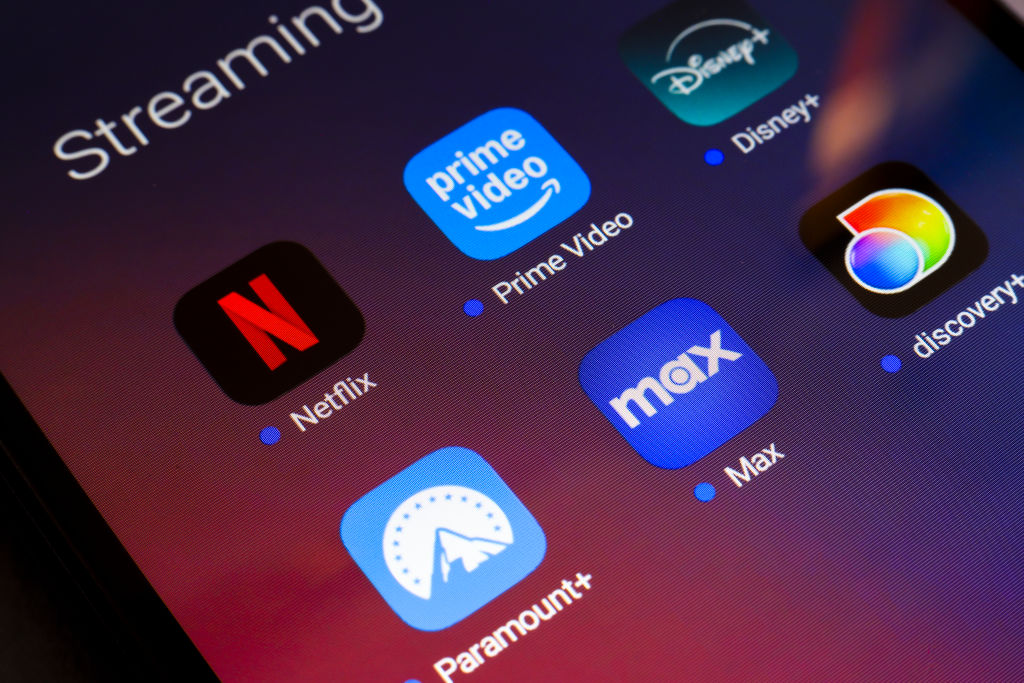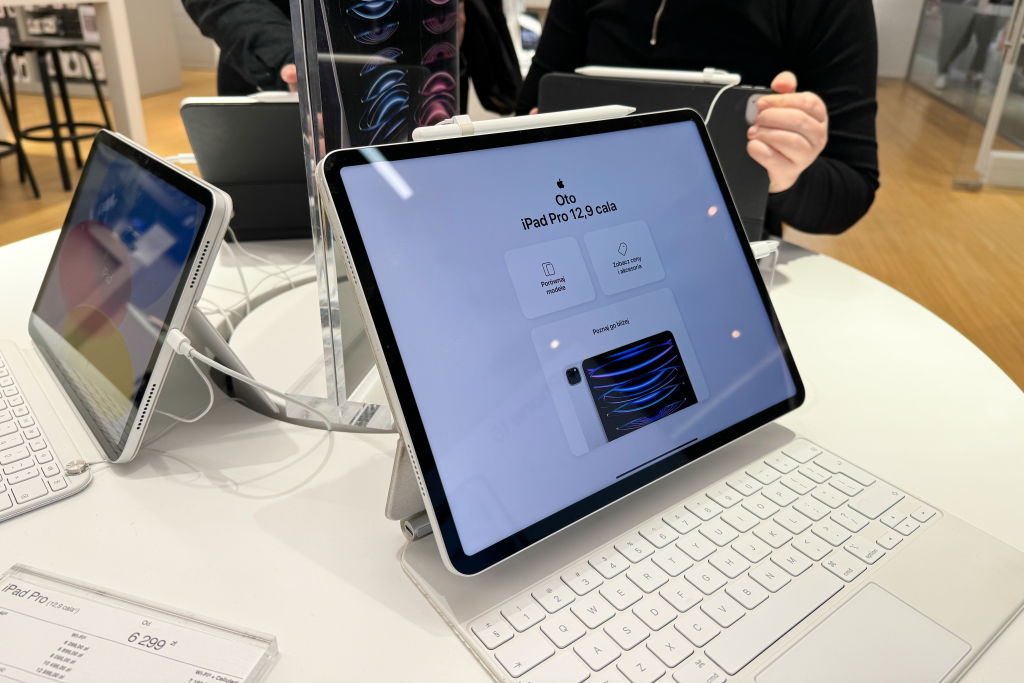When shopping, you’ve likely encountered the enticing promise of “buy more, save more.” Whether you’re purchasing household essentials, electronics, or subscription services, the concept of bundling offers holds the potential for significant savings. But are these deals always as good as they seem? Let’s take a deep, informative look into when bundles are truly worth it and when they might actually cost you more in the long run.
Understanding the Concept of Bundling
Bundling is a marketing strategy where retailers or service providers package multiple products or services together at a discounted price. The idea is to encourage customers to buy more by presenting the added value. Common examples include:
- Grocery stores offering discounts for purchasing bulk items.
- Streaming services combining TV and music subscriptions.
- Retailers creating “family packs” of clothing or toiletries.
- Electronics companies providing accessories alongside main devices.
While the premise is simple, whether or not bundling offers real savings depends on a variety of factors, from the type of product to your personal needs and usage patterns.
The Pros of Buying in Bundles

PeterPencil/Getty Images
There are numerous potential benefits to taking advantage of bundle deals. Here are some reasons why bundling can be a wise financial choice:
1. Lower Per-Unit Cost
One of the main attractions of bundles is the reduced price per unit. Buying a six-pack of soda, for instance, usually costs less per can compared to purchasing each one individually. These savings are particularly beneficial for products you use regularly.
2. Convenience and Time Savings
Buying bundled items saves you time. Instead of hunting down individual products or dealing with multiple transactions, a bundle consolidates your purchase. This can be especially beneficial for busy households or professionals.
3. Limited-Time Offers
Retailers often create bundles as part of limited-time promotions. These can give you access to steep discounts that won’t be available later, making them ideal for those looking for immediate savings.
4. Added Variety
Some bundles, particularly subscription or service bundles, allow access to varied products you might not have considered purchasing individually. For example, bundling streaming services might include platforms you wouldn’t subscribe to separately but end up enjoying.
5. Multi-Person Use
When catering to families or groups, bundles can distribute costs across multiple users. A family plan for a streaming service or a bulk grocery purchase shared among six people can stretch your dollar further.
When Bundles Are Not Worth It
While bundles have their benefits, they aren’t always the most cost-effective choice. Before jumping headfirst into bundling, keep these potential downsides in mind:
1. Buying More Than You Need
The “save more” tagline can lead you to over-purchase. For instance, while buying a bulk set of perishable goods might seem like a great deal, these items can expire before you have the chance to use them, wasting money instead of saving it.
2. Hidden Costs
Some bundles come with strings attached. For instance, a streaming bundle might have hidden fees, restrictions, or tiered pricing that could increase costs down the line. Always read the fine print to understand what you’re committing to.
3. Lower-Quality Items Included
Not all bundles are created equal. Sometimes, companies bundle premium products with lower-quality add-ons to sweeten the deal. Customers might end up paying for items they don’t want or need.
4. Encourages Over-Spending
The psychological incentive of “saving more” can lead to spending more upfront than you intended. Retailers carefully design these offers to play into our FOMO (Fear of Missing Out) and compel us to purchase items we wouldn’t usually buy.
5. Lack of Customization
Some bundles may not entirely align with your specific needs. For example, a cable TV package may include channels you never watch, ultimately wasting money on unwanted content.
Popular Categories for Bundling
Some industries and categories are particularly well-known for offering bundle deals. Here’s a closer look at when bundling might be worth it in these areas:
Food and Grocery

- Worth It: Bulk items like rice, coffee, and canned goods with a long shelf life can offer significant savings.
- Proceed With Caution: Perishable goods, like fresh produce or dairy, might not be consumed before their expiration dates in larger quantities.
Streaming Services and Subscriptions

- Worth It: Many streaming platforms offer reduced prices with bundled subscriptions (e.g., a TV, music, and fitness app combination).
- Proceed With Caution: Ensure you’ll actually use all services included. If not, you could end up wasting money on unnecessary subscriptions.
Electronics and Gadgets

- Worth It: Bundles including necessary accessories, like protective cases or headphones, can be useful and save you money.
- Proceed With Caution: Be mindful of whether the additional items are high quality and actually needed.
Travel and Leisure
- Worth It: Package deals for flights, hotels, and rental cars often cost less than purchasing separately.
- Proceed With Caution: Watch out for limited options or inflexible packages that don’t suit your travel plans.
Beauty and Skincare
- Worth It: Starter kits or value packs of products you already use can save money.
- Proceed With Caution: Avoid impulse buys for bundles with products you’ve never tried or might not like.
Tips for Making Bundles Worth Your While

To ensure you’re truly saving money with bundles, consider these tips:
1. Do the Math
Before purchasing, calculate the cost per unit or item to compare with standalone prices. This exercise quickly reveals how much you’re saving (if at all).
2. Stick to What You Need
Avoid the temptation to buy bundles for items you don’t need or won’t use. Evaluate if the included products align with your lifestyle and habits.
3. Research Reviews
Check product reviews and compare alternatives. Sometimes what seems like a good deal could actually be a compromise in quality.
4. Look for Flexible Options
Some companies offer customizable bundles where you can select the items you want. Opt for these when possible to maximize value.
5. Take Advantage of Loyalty Programs
Subscribers or members of loyalty programs often receive exclusive access to bundle deals with even more perks.
6. Consider Timing
Are the bundled items part of a seasonal promotion? If so, weigh their long-term utility versus short-term appeal.
The Psychology Behind Bundling
It’s worth noting how retailers use bundling to influence your purchase decisions. Humans naturally perceive bundles as high-value, even if they cost more upfront. This psychological tendency, called “perceived value,” drives many consumers to engage with bundle deals.
Retailers also use bundling to introduce you to new products in their lineup, retain loyalty, or reduce inventory. Understanding these strategies helps you be a more informed shopper.
Are Bundles Right for You?
Bundles can be a smart financial choice in many circumstances—but only if approached wisely. Evaluating your needs, understanding the full cost, and considering long-term uses are crucial steps in determining whether to buy a bundle or stick to single purchases.
By applying the strategies in this guide, you can take advantage of the best deals while avoiding the pitfalls of unnecessary spending.
Final Thoughts
The next time you see a “buy more, save more” deal, take a moment to pause and evaluate. Bundles are undeniably appealing, but their true value depends on the thought you put into them. When used responsibly, they can save you money, time, and energy.
Are you looking for the best deals on bundled products? Stay updated with our featured offers to make every dollar stretch further.
Happy shopping, and here’s hoping your next bundle is worth every penny!



